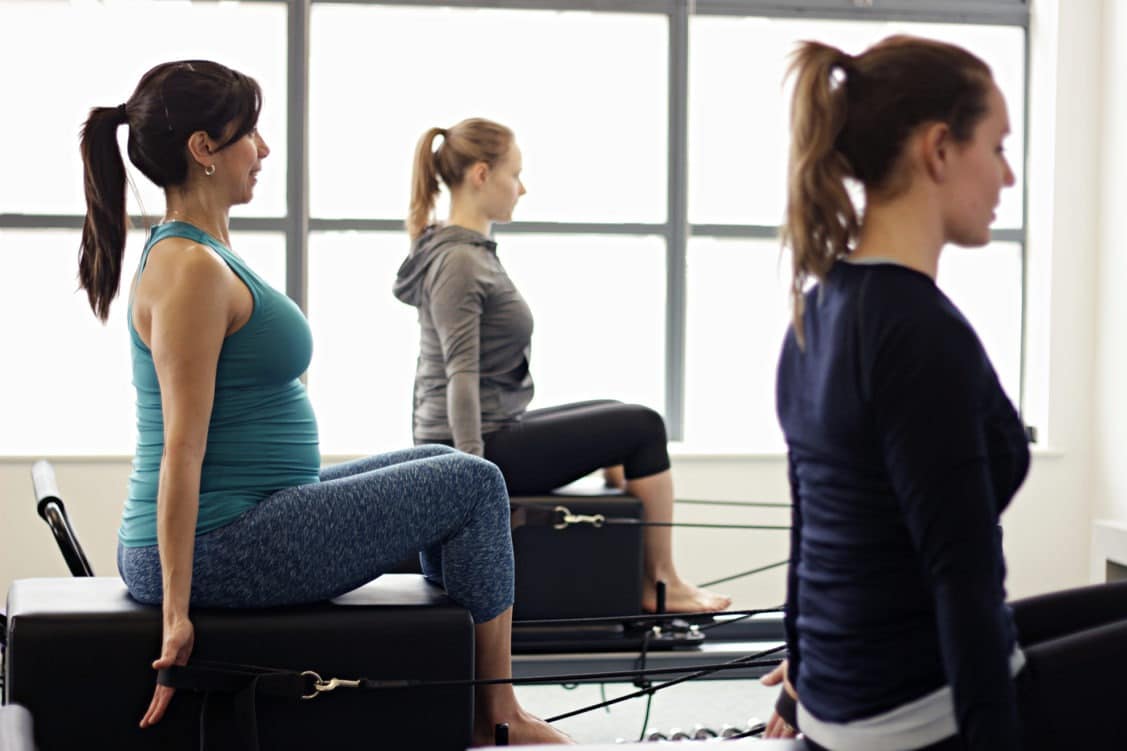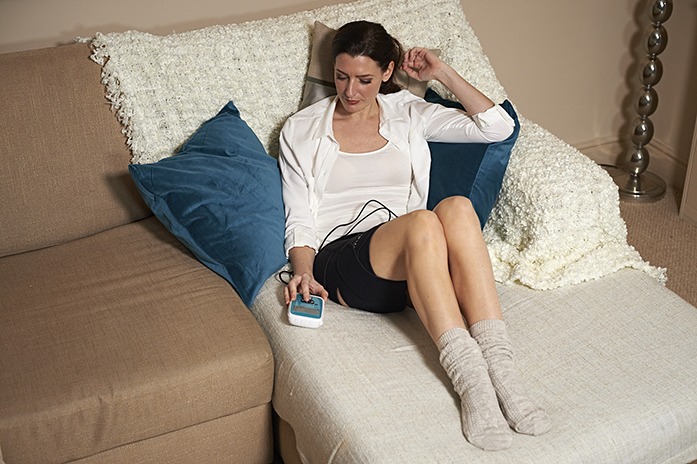Strengthening your pelvic floor and how to look after children’s teeth
Words Helen Baron
Tried & Tested: The Refinery E9
A good massage therapist is hard to find: hard being the operative word. There’s nothing more distressing than a therapist who can’t access those seemingly impenetrable knots and stress-related aches and pains – even moreso in pregnancy, when therapists too often use light and ineffective strokes.
Not so therapist Amy Moffatt, who practises at new boutique health studio The Refinery and is adept at applying deep tissue techniques to relieve muscular tensions, even in pregnancy.
Moffatt is well aware of the bodily changes taking place over the nine months of pregnancy; if mothers-to-be suffer with oedema (swelling in the ankles and wrists), she can use lymphatic drainage techniques to alleviate symptoms, while stimulating acupressure points can help to relieve leg cramps and morning sickness. She’ll even show you how to replicate some of the treatments yourself at home – including pericardium 6, located three finger-breadths below the wrist of the inner arm, between two tendons.
Fluctuating hormones, a changing centre of gravity and an adaptive walking gait all add increasing pressure to joints and muscles, moreso if it’s not your first baby. If you haven’t already, pregnancy is the perfect time to get better acquainted with massage.
therefinerye9.com
STRETCH OUT
Ten Pilates
A long-established studio with six branches, the prenatal classes on offer at Ten Pilates are structured around the significant changes in the body during pregnancy, providing an effective workout through to full term.
ten.co.uk
SPRAY IT
BetterYou DLuxPregnancy
A daily vitamin D spray that guarantees optimal absorption and avoids the need for vitamin D tablets – a godsend for a mama-to-be with morning sickness.
£9.95; betteryou.com
FLOOR CONTROL
Innovo
A clever solution to the common problem of occasional, embarrassing ‘leaks’, Innovotherapy uses electrical signals to stimulate and strengthen the pelvic floor and bladder.
£249; restorethefloor.com


Looking After Your Children’s Teeth by Dr Sameer Patel
ellevendental.com
- Use a circular motion when brushing, cleaning the gum and the tooth. Don’t press down too hard on gentle gums. Children aged 3 years and up should only use a pea sized amount of fluoride toothpaste.For milk teeth, use the specialist toothpaste and soft brush.
- As soon as your children’s teeth start to touch they should begin flossing. Practice the flossing technique with them to ensure effective plaque removal, going deep in between the teeth until they reach the gum and moving the floss either side of the tooth several times to dislodge any plaque.
- Dairy products are great for keeping the enamel in teeth strong. Although milk is great for growing bones and teeth, the sugars in it will cause tooth decay as your child sleeps, when saliva glands (which break down bacteria), temporarily stop working. Try to avoid milk before bed when your child is old enough to go without.
- Go for regular check-ups and at least once by the age of two.
- Water is the best drink possible for children as it is pure and helps wash away bacteria from the mouth. Steer clear of fizzy drinks as these are full of sugar and harmful to teeth enamel. Be aware of hidden sugars, such as in fruit juice or ready meals.
- Thumb and dummy sucking are a very common habit for younger children, but as permanent teeth develop, it will likely cause teeth to push outwards, resulting in the need for orthodontic work. Try to encourage your children to stop as young as possible.






NO COMMENT